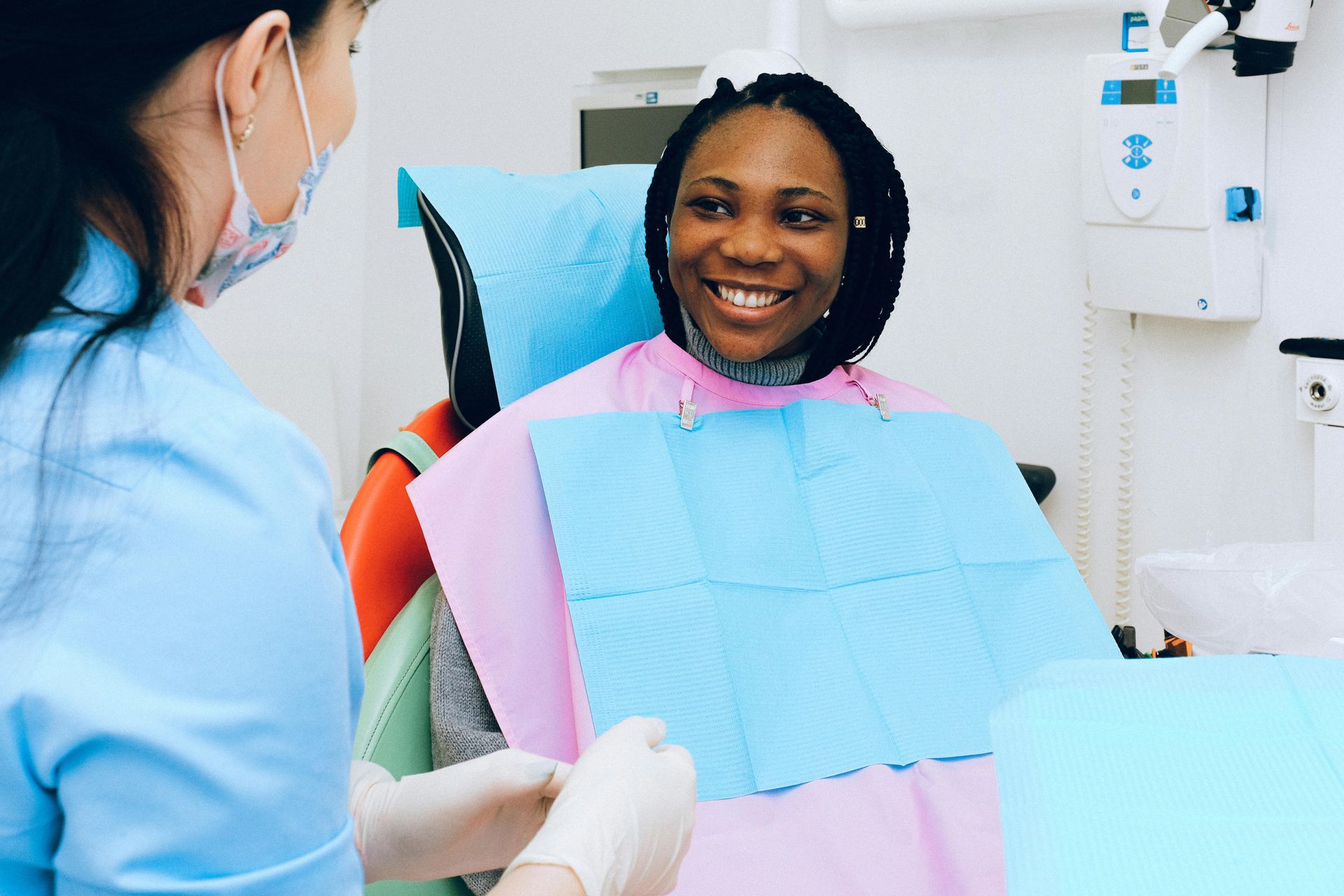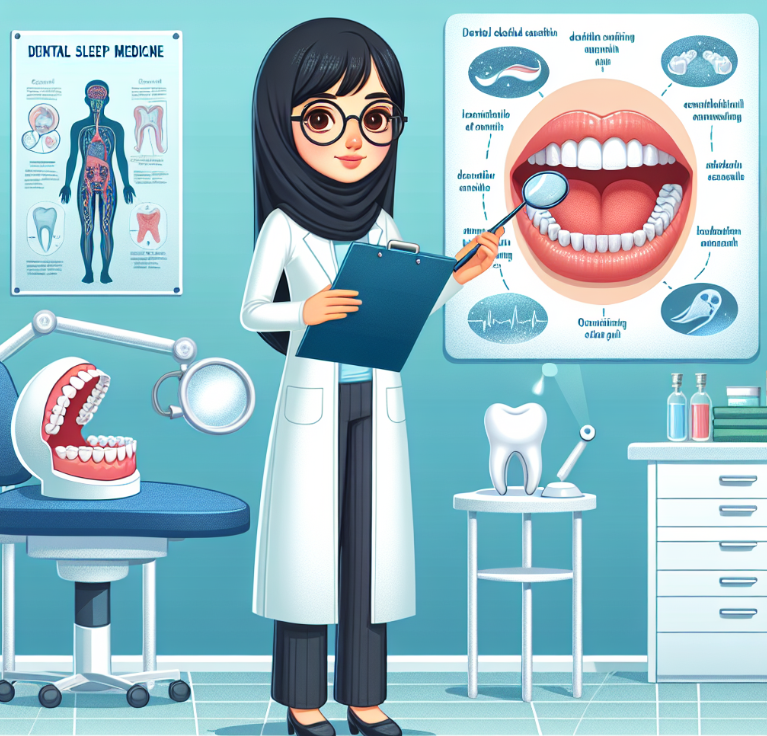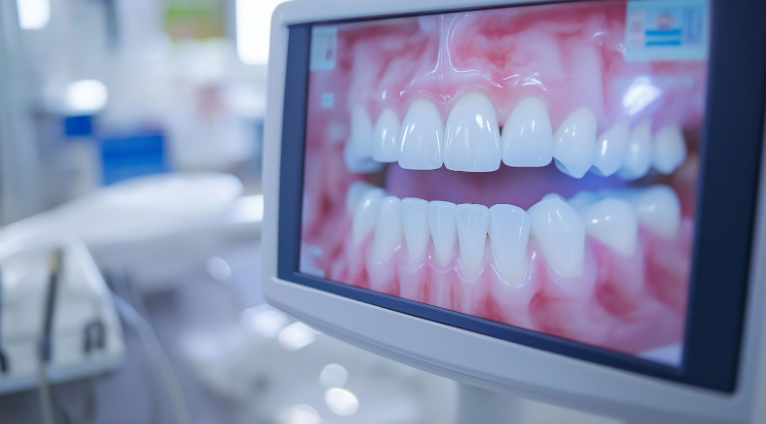Health and Dental Trends to Avoid
March 20, 2023
To Protect Your Dental Health, Here Are Some Things You Should Not Be
Doing
In this age of social media, free advice on health and health trends abounds. Whatever your personal goals may be – a stronger, healthier body or a brighter smile, among others – you should exercise caution before taking any of this free, online advice. In fact, there’s a very good chance that some things you may be doing, or thinking of doing, could be bad for your dental health.
Things to Avoid
Below are a few examples of the kinds of things we’re referring to. To protect your health, including your dental health, the following dental practices are things you should avoid using and doing.
Using Charcoal Toothpaste
Using toothpaste containing activated charcoal has been one of the hottest social media trends lately, touted for whitening your teeth, but should you use these kinds of toothpaste to brighten your teeth and your smile?
According to the American Dental Association, the answer is a most emphatic no! Activated charcoal comes from burning wood and it tends to be very gritty and abrasive. Over time, using it to brush your teeth wears away the enamel and leaves your teeth looking yellow.
Rather than using activated charcoal on your teeth, ask your dentist to recommend safe, non-abrasive ways to brighten your smile.
Brushing with Baking Soda and Lemon Juice
This is another definite no! While baking soda is prized for its cleaning properties, it’s very abrasive, especially when mixed with highly acidic lemon juice. Professional teeth whitening under your dentist’s supervision is a much safer option.
Oil Pulling
This is the ancient practice of swishing various oils – coconut, sesame, or sunflower – around in your mouth for up to 20 minutes. Supposedly, this practice combats bad breath and destroys the bacteria that contribute to gingivitis. There is, however, no scientific evidence to support these assertions. On the contrary, using oil pulling to replace daily brushing and flossing can contribute to serious dental problems.
Shots of Apple Cider Vinegar
Apple cider vinegar is given credit for doing all sorts of beneficial things, such as helping you lose weight or promoting gut health. There is not a lot of scientific evidence behind these claims, and the daily consumption of apple cider vinegar can wear away tooth enamel and lead to tooth sensitivity and decay.
If you’re convinced of the health benefits of apple cider vinegar, dilute it with water before consuming it. Do not swish it around in your mouth, and wait 30 minutes before brushing your teeth.
Rinsing with Hydrogen Peroxide
This is another DIY remedy for teeth whitening, but hydrogen peroxide is a disinfectant and can lead to gum irritation and an upset stomach if swallowed. Again, better to follow your dentist’s directions for teeth whitening.
Using Toothpaste That’s Fluoride-free
Unfortunately, it has become trendy in some circles to use toothpaste that does not contain fluoride. While it’s true that too much fluoride may cause some cosmetic issues with young children, for most people brushing twice daily with fluoride toothpaste is one of the best things you can do for your dental health.
Dental Care in Evanston from Stephens Dentistry
Admittedly, it takes a certain amount of caution and dedication to maintain your oral health, and Stephens Dentistry is here to help you. We offer a wide array of preventive, cosmetic, and restorative dental services, and new patients are always welcome.
For the very best in dental patient care in Evanston, contact Stephens Dentistry to schedule your appointment.
The post Health and Dental Trends to Avoid appeared first on Stephens Dentistry.


Join Our Elite Dental Family


©2022 Stephens Dentistry. All Rights Reserved.



